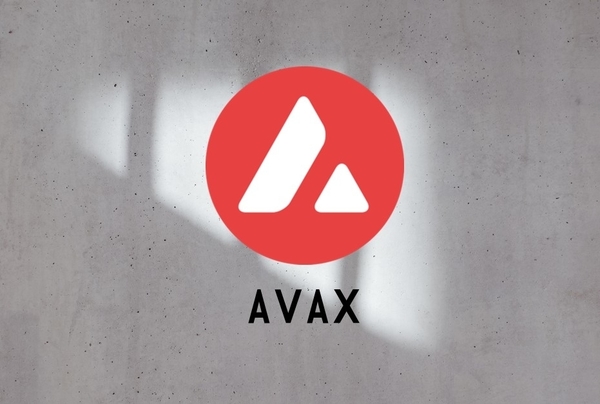Nigeria’s cryptocurrency scene has witnessed a dramatic shift, transitioning from an outright ban to the possibility of regulated growth. This move, largely driven by the Central Bank of Nigeria’s (CBN) December 2023 guidelines, opens doors for potential benefits like increased legitimacy, enhanced transaction efficiency, and greater integration with traditional finance.
One key player anticipating this boom is Yellow Card, a prominent Nigerian crypto exchange. Lasbery Oludimu, the exchange’s Chief Data Protection Officer and Vice President of Legal, Commercial and Product, believes the CBN’s guidelines represent a “step in the right direction” for fostering innovation and a conducive environment for legitimate businesses like Yellow Card. She predicts:
The new regulations offer greater clarity and trust, potentially attracting more individuals and companies to the crypto space. With banks re-entering the scene, Yellow Card expects increased competition, driving innovation and benefiting users through a wider range of options and improved services.
Oludimu emphasizes the potential for collaboration between Yellow Card and traditional financial institutions to explore opportunities within the crypto space, paving the way for greater integration and cooperation. The exchange aims to collaborate with key players in the financial landscape to expand its reach and services. By leveraging the increased confidence and user trust fostered by the regulations, Yellow Card intends to attract new users and expand its market share.
With a focus on innovation aligned with the new regulations, Yellow Card seeks to introduce solutions that advance Nigeria’s digital assets ecosystem. While Yellow Card’s optimism is promising, the CBN’s move towards regulation presents both challenges and potential roadblocks for the broader Nigerian crypto scene.
The new guidelines may lack complete clarity, leading to potential ambiguity for businesses and users. Effective implementation requires smooth collaboration between the CBN, SEC, and the banking industry, which can be challenging. Robust cybersecurity measures will be crucial to protect users and maintain trust in the system.
The future of Nigerian crypto remains uncertain, but the CBN’s recent shift holds significant potential for a well-regulated and prosperous ecosystem. Success will depend on overcoming regulatory hurdles, addressing security concerns, and ensuring clear and efficient implementation. However, with players like Yellow Card actively embracing the new regulations and seeking to contribute to the ecosystem’s growth, the future of Nigerian crypto appears far brighter than under the previous ban.



